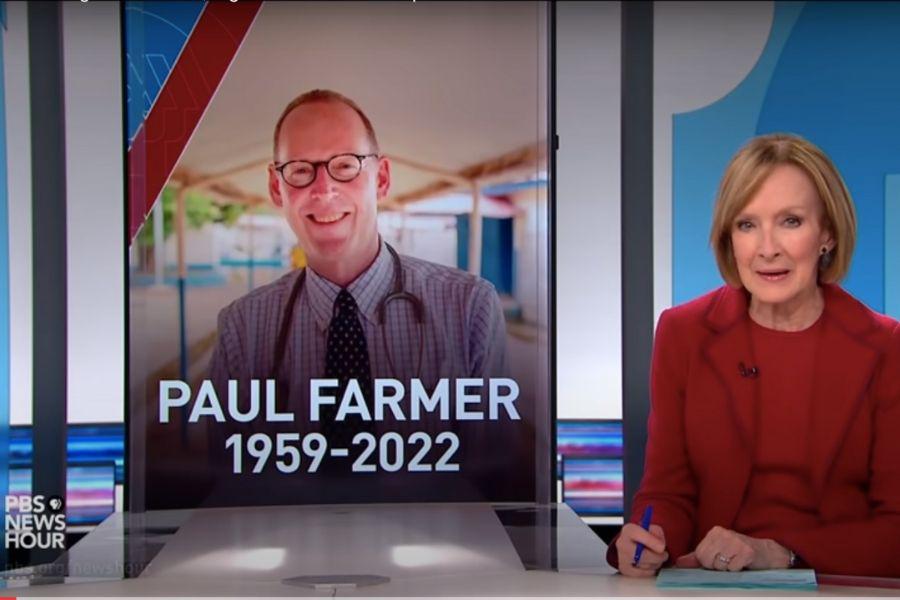You can often tell a lot about a person’s life by how the world responds to their death. Over the weekend, when I started seeing a flood of social media messages from healthcare professionals that included words like “devastated” and “gutted,” it was clear that someone of influence in the medical world had passed. I’m not in healthcare, but even I recognized Dr. Paul Farmer’s name, largely from this quote of his:
“The idea that some lives matter less is the root of all that is wrong in the world.”
After spending decades working and living in various countries around the world, making sure people in underdeveloped nations had access to quality healthcare, Dr. Farmer passed away from an acute cardiac event in his sleep in Rwanda at age 62. His death was like a seismic event in the field of global health, launching a tsunami of grief and remembrance felt around the world, from heads of state who met with him to fellow physicians who worked with him to individuals whose lives he saved.
“It is hard to find the words to express the sad news of the passing of Paul Farmer—the person, the Doctor, the philanthropist. He combined many things hard to find in one person,” wrote Paul Kagame, president of Rwanda.
Farmer was physician, a professor, an anthropologist and a fierce advocate for the world’s poor. In 1987, he cofounded Partners in Health, one of the world’s leading global health and social justice organizations dedicated to bringing high-quality healthcare to those who need it most. Farmer’s philosophy was straightforward: The fact that poor people die of illness we have effective treatments for is unacceptable. Farmer’s life’s work was a testament to his belief that where you live and how much money you have should not determine your right to healthcare.
But Farmer’s advocacy work was also much more personal than that. He didn’t preach about global equity from atop an ivory tower; he worked on the ground, at the grassroots level, doing hands-on medical care in some of the poorest parts of the world.
Much of Farmer’s work involved getting effective AIDS treatments to patients in Haiti and Rwanda in the face of pushback from those who felt it was too expensive or that cultural differences would get in the way. Farmer refused to accept inequity and did everything he could to alleviate it.
“Human rights violations are not accidents; they are not random in distribution or effect,” he wrote in “Pathologies of Power: Health, Human Rights and the New War on the Poor.” “Rights violations are, rather, symptoms of deeper pathologies of power and are linked intimately to the social conditions that so often determine who will suffer abuse and who will be shielded from harm.”
He was uncompromising in his belief that every human being, regardless of circumstances, should have access to the best healthcare humanity has to offer. Being born into or living in poverty does not give anyone less of a right to health, and if we have effective treatments for illness and disease, everyone should have access to them.
He touched countless lives—those he treated and those he accompanied in the field of service. Often it was people in the medical field he trained with, but he even inspired people outside of healthcare to use their privilege and know-how to better the lives of others.
When you pass away and everyone who met you has only the most glowing things to say about you, you know you’ve lived a good life. The world has lost not only a great doctor, but a champion of global health equity who serves as an example to us all.
“His vision for the world will live on through Partners in Health,” Sheila Davis, Partners in Health CEO, wrote in a statement. “Paul taught all those around him the power of accompaniment, love for one another, and solidarity. Our deepest sympathies are with his family.”
Watch PBS News Hour’s remembrance of Dr. Farmer below, and for more details of his extraordinary work, I highly recommend Tracy Kidder’s profile of him in The New Yorker. The man was truly a legend of a human being in all the best ways possible.
Rest in peace, Dr. Farmer. Thanks for showing us how it’s done.


































